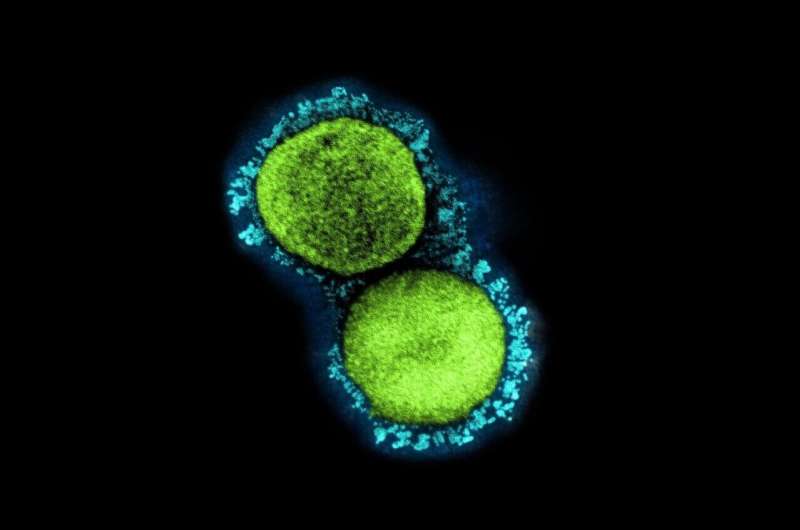Revolutionary Drug Formulation Transforms Intravenous Treatments into Rapid Injections

A new drug formulation platform developed by Stanford researchers enables high-concentration protein therapeutics to be injected quickly and easily, potentially transforming outpatient treatments and self-administration of biologic drugs.
Patients undergoing treatment for certain cancers, autoimmune disorders, and metabolic diseases often face lengthy and complex intravenous (IV) infusion procedures to receive essential protein-based therapies. Traditionally, these treatments require high doses and low-concentration formulations to maintain stability, which has confined them to clinic-based IV infusions. However, a groundbreaking development by researchers at Stanford University introduces a new drug delivery platform that enables these therapeutic proteins to be stored and administered at much higher concentrations.
This innovative formulation approach, published in Science Translational Medicine, allows for the injection of protein therapeutics quickly and smoothly using standard syringes or autoinjectors, making the process more convenient and less time-consuming. Lead researcher Eric Appel explains that this platform is adaptable to any biologic drug, meaning many treatments that previously required hours at a clinic could now be self-administered within seconds at home.
The key to this advancement is the use of a specially designed polymer, MoNi, which coats and stabilizes proteins. When mixed with water and spray-dried into a powder, the polymer forms a glassy, protective layer around protein microparticles, preventing them from sticking together or degrading. Once suspended in a liquid, these particles can be injected at concentrations exceeding 500 mg/mL—more than double the typical maximum for liquid formulations—while remaining smooth and easy to inject.
Importantly, these high-concentration formulations maintain stability across various conditions, enduring multiple freeze-thaw cycles and elevated temperatures without breaking down. This stability, coupled with their ability to flow through tiny needles, paves the way for more accessible and patient-friendly treatments.
The research team tested their technology on multiple proteins, including albumin, immunoglobulin, and a monoclonal antibody for COVID-19, achieving effective injection at high concentrations. The potential clinical impact is significant, as it could simplify the logistics of drug delivery, reduce costs, and increase patient autonomy.
With the promising results, the team is optimistic about regulatory approval and commercial application. They believe this platform could revolutionize the administration of biologic drugs, making treatments faster, easier, and more effective—potentially transforming patient care by allowing self-injection at home and reducing dependence on clinic visits.
Stay Updated with Mia's Feed
Get the latest health & wellness insights delivered straight to your inbox.
Related Articles
Children with Chronic Health Conditions at Increased Risk of Food Insecurity, New Study Finds
A new study highlights that children with chronic health conditions are at a higher risk of experiencing food insecurity, emphasizing the need for targeted interventions to support vulnerable families.



